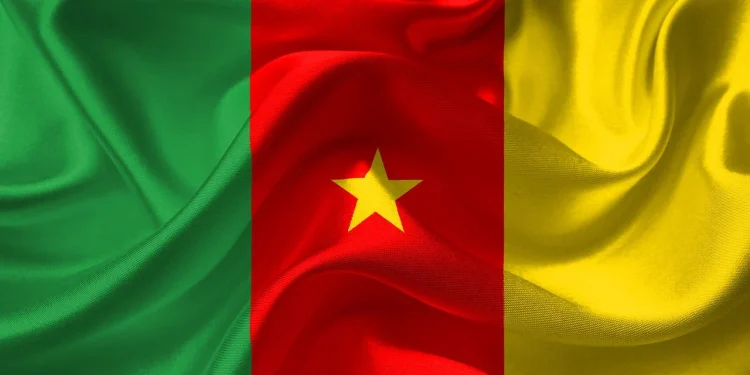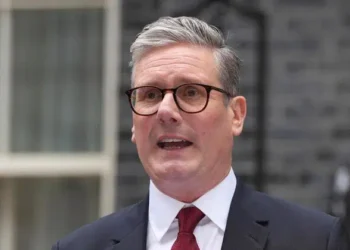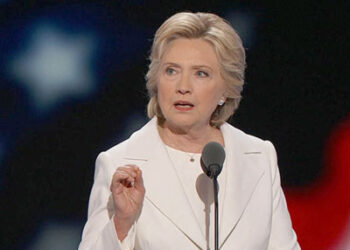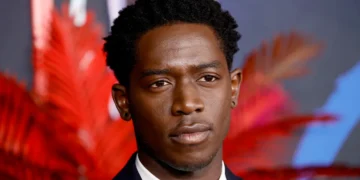Cameroon’s electoral commission, ELECAM, has ignited a political firestorm by rejecting the candidacy of Maurice Kamto, President Paul Biya’s most prominent rival, in the October 12 presidential election. The decision, announced without explanation during a Saturday press conference, clears the path for Biya (the world’s oldest-serving leader at 92) to extend his 43-year rule. Of the 13 approved candidates, Kamto’s name was conspicuously absent, leaving his campaign just two days to appeal.
The move has heightened fears of unrest in Yaoundé, where the United Nations Department of Safety and Security warned of potential protests near ELECAM headquarters and the city center. Kamto, who placed second with 14% of the vote in the disputed 2018 election, has long accused Biya’s regime of systemic fraud. That year, Biya secured a seventh term with 71% of the vote amid widespread allegations of ballot manipulation and voter intimidation.
Biya’s Long Grip on Power and the Silencing of Opposition
Biya’s announcement earlier this month to seek re-election despite his advanced age and Cameroon’s deepening economic and security crises, signaled his refusal to relinquish control. Analysts argue that barring Kamto, leader of the Cameroon Renaissance Movement (MRC), eliminates the only candidate capable of mounting a credible challenge.
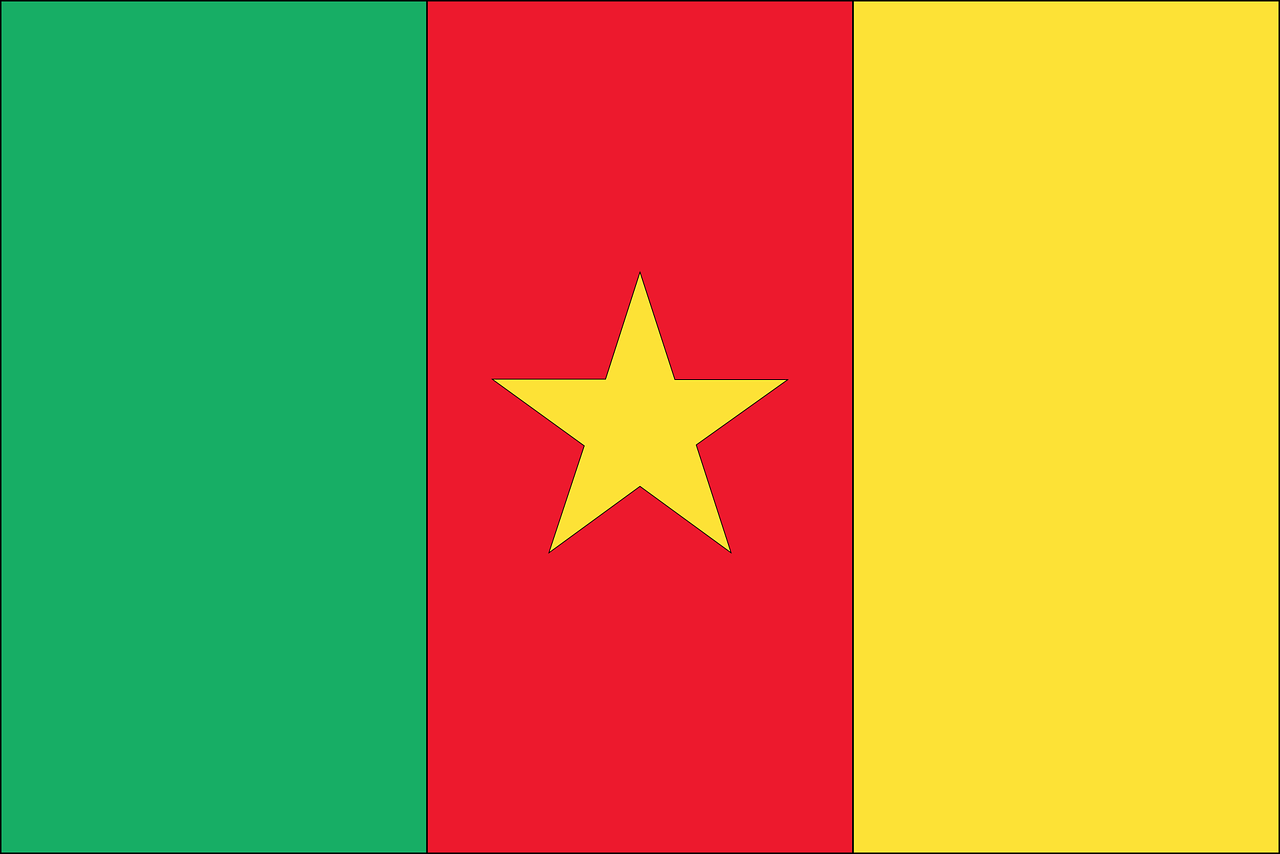
The exclusion follows a pattern of suppressing dissent in Cameroon, where opposition figures face arrests, media blackouts, and legal hurdles. In 2019, Kamto spent nine months in jail after leading anti-government protests over the 2018 election results. His party has condemned ELECAM’s latest decision as a “political assassination” and vowed to fight it in court.
The Global Scrutiny and the Fears of Violent Unrest
The UN’s preemptive warning shows the concerns that Cameroon’s election could mirror past violence. In 2018, security forces cracked down on post-election demonstrations, leaving dozens dead. With tensions already high over the Anglophone crisis and Boko Haram insurgencies, Kamto’s disqualification risks further destabilization.
The African Union and ECOWAS have yet to comment, but human rights groups are urging transparency. “ELECAM’s lack of justification fuels suspicions of rigging,” said Ilaria Allegrozzi of Amnesty International. “This undermines faith in democracy.”
What’s Happens Now?
With the appeal window closing swiftly, Kamto’s options are narrow. Legal challenges rarely succeed in Cameroon’s judiciary, which critics call an extension of Biya’s ruling party. If protests erupt, the government’s response will test its commitment to stability ahead of the vote.
Meanwhile, Biya’s campaign is expected to leverage state resources and media dominance. His supporters argue that Cameroon needs continuity amid security threats, but opponents see a desperate bid to cling to power. “This isn’t democracy; it’s a coronation,” said MRC spokesperson Alain Fogue.
As October approaches, the world watches whether Cameroon will repeat its history of contested elections—or if Kamto’s barred candidacy becomes the spark for change.

